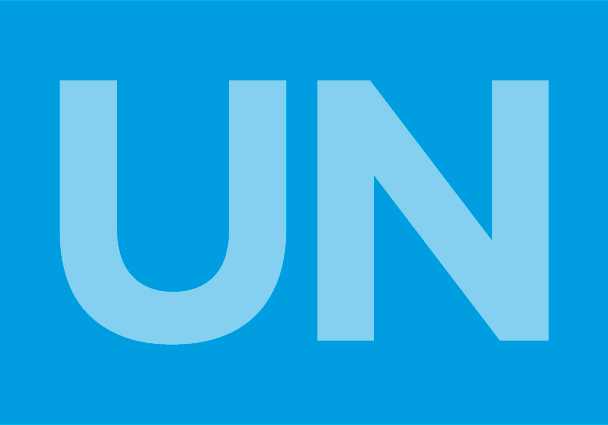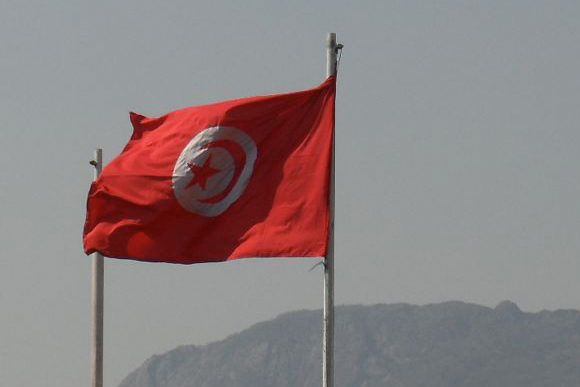 This is the ICJ Submission to the Human Rights Council Universal Periodic Review of Tunisia, published on 20 November 2007.
This is the ICJ Submission to the Human Rights Council Universal Periodic Review of Tunisia, published on 20 November 2007.
Twenty years after the coup that brought Tunisian president Zine el-Abidine Ben Ali to power on November 1987, the Tunisian regime has failed to deliver on initial pledges to promote democracy, rule of law and promote and protect human rights in Tunisia.
During these twenty years, human rights defenders have been particular target of repression. Human rights defenders and dissidents are subject to heavy surveillance, arbitrary travel bans, dismissal from work, interruptions in phone service, physical assaults, harassment of relatives etc.
Mohamed Abbou, a lawyer and human rights defender, was sentenced, after an unfair trial, in April 2005 to three and a half years in prison, largely for publishing two online articles in which he denounced the use of torture in Tunisia. His lawyers were reportedly denied permission to visit him in prison despite repeated attempts. The UN Working Group on Arbitrary Detention adopted the opinion in November that his detention was arbitrary.
On 24 July 2007, Tunisian President Zine el-Abidine Ben Ali ordered in response to the international criticism, the release on parole of Mohamed Abbou. Yet, Abbou is subject to travel ban and has been prevented from travelling abroad to conduct his advocacy work.
The Government continued to subject human rights defenders and activists to harassment and intimidation with the consent and de facto complicity of the judiciary which is under the control of the executive branch.
The judiciary lacks independence and impartiality, and instigative judges often question defendants without respect of the guarantees of fair trial, and of allegations of torture and ill treatments in custody, even when subject of formal complaints submitted by lawyers.
Independent judges have been removed from the bench. The case of the dismissing of Judge Mokhtar Yahyaoui on December 2001 merits special attention as he was one of the rare members of the Tunisian bench to speak out against the lack of independence of the judiciary. The cause of this suspension was an open letter that the Judge addressed to the President of the Republic in the latter’s capacity as President of the Superior Council of the Judiciary. In this letter, Judge Yahyaoui decried the lack of independence of the judiciary and Government’s disregard for the constitutional prerogatives of the judiciary.
The Tunisian government undertakes several initiatives to maintain its control over the judiciary:
In May 2006 parliament adopted a law requiring future lawyers to pass a training program at a new institute depending to the justice minister.
On 2002, the Council of the Bar Association as well as the President of the Bar Association have being prosecuted for having exercised the legitimate right to call their members to strike in protest against grossly unfair trail proceedings wherein detainees were physically attacked by police agents in court.
The Tunisian Association of Magistrates remained also under the control of a pro-government leadership that authorities installed in 2005. In August 2006, members were barred from the office of the Association of Tunisian Judges (Association des Magistrats Tunisiens, AMT), under orders from the Ministry of Justice and Human Rights
Reports emerged also that judges were arbitrarily transferred to isolated areas, far from their families, in an attempt to intimidate and silence them.
The ICJ therefore calls on the Human Rights Council to urge the Tunisian Government to:
- Stop all kind of persecution of human rights defenders and let them carry out their legitimate work without intimidation or harassment;
- Stop all undue interference by the executive in the work of judiciary and ensure that courts are competent, independent and impartial;
- Refrain from using the anti-terrorism laws to limit the enjoyment of essential freedoms and rights such as the rights to the freedom of speech and association, and make sure that detainees and prisoners are not subject to torture, ill treatment, arbitrary and administrative detention;
- Ensure respect of the rule of law, political participation and enjoyment of human rights in Tunisia, by reforming the constitution and the national legislation, organizing free and transparent elections that reflect the political and social choices of the Tunisian people, and by complying with obligations of Tunisia under universal and regional conventions and mechanisms.
Tunisia-ICJ UPR-non-legal-submissions-2007 (full text, PDF)




